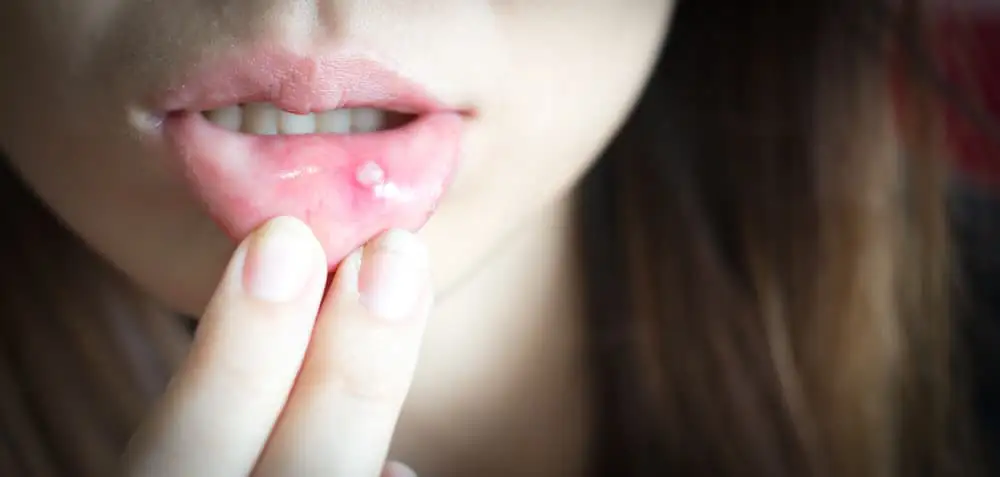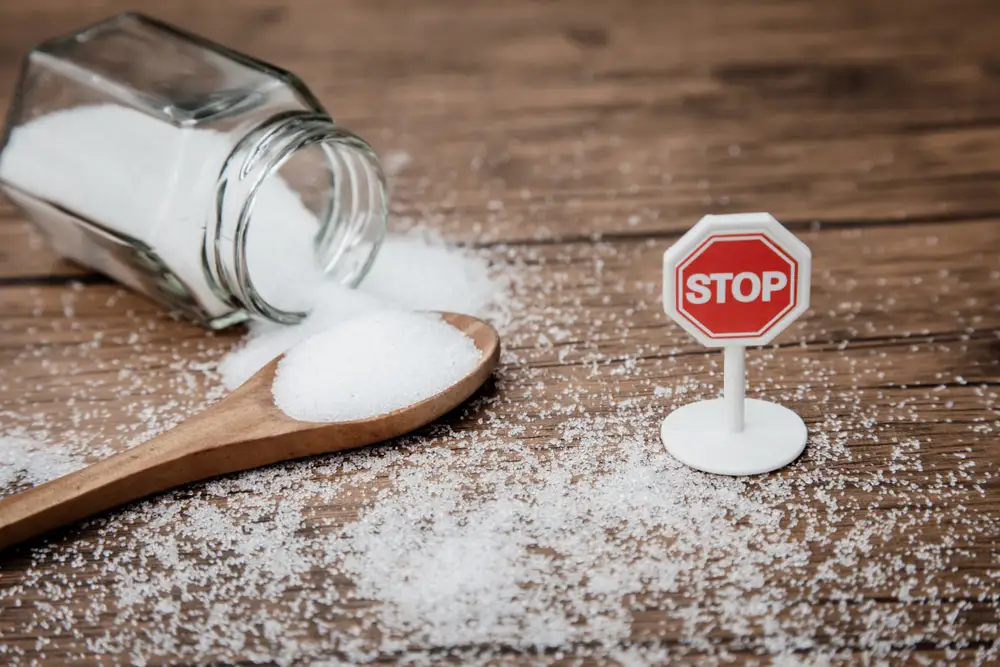If you’re partial to hay fever, then the upcoming allergy season is certainly nothing to sneeze about (pardon the pun). Around three million Australians are affected by hay fever and although it can’t be cured, symptoms can be managed to some extent with preventative steps and both over-the-counter and prescription medications.
If you’ve never taken hay fever medications before or you’re trying something new, then it’s important to consult your doctor to make sure it’s suitable for you. Here are some of the more common hay fever remedies.
What Is Hay Fever?
Hay fever is a swelling or inflammation of the nasal lining, which may cause a runny nose, congestion, an itchy throat, itchy or watery eyes and/or sneezing. It has two basic forms – the first is called seasonal allergic rhinitis, which tends to occur during summer and spring due to allergies from weeds, trees and grass. The second is called perennial allergic rhinitis which has similar symptoms, can occur throughout the year, and it can be triggered by mould spores, dust mites or animal dander (particularly from cats).
If you’re looking at how to treat hay fever, it’s important to try and work out what the allergen is so you can reduce your exposure to the substances that trigger it, and therefore reduce your symptoms. If symptoms still persist, then you may need to try other treatment options, including hay fever medications, which include:
1 Corticosteroid Nasal Sprays
Hay fever nasal sprays that consist of corticosteroid are one of the most effective preventative hay fever treatments, because they work by reducing inflammation in the blood vessels of your nose. This can help to reduce itching, sneezing, runny noses and congestion.
Corticosteroids should be used regularly because their effectiveness depends on having a steady dose over a period of time. Many products suggest six months, but you should check with your doctor in terms of your individual circumstances, particularly because with some products you’ll need a prescription.
These products also don’t work instantly – it may take several days or up to two weeks for the spray to reach their full effectiveness, so your doctor may also recommend that you use them before allergy season starts.
2 Antihistamine Nasal Sprays
Using hay fever nasal sprays that contain antihistamine can help to reduce symptoms like sneezing, itching and a runny nose as they contain a decongestant as well. Over the counter and prescription products are available and are usually less likely to cause drowsiness than other forms of nasal spray.
There are some side effects, however, which include headaches, nausea, nasal irritation, a bleeding nose and a bitter taste in your mouth, however, they may be worth trying if you have congestion as well as other symptoms.
3 Decongestant Nasal Sprays
Decongestant sprays are not only helpful if you have a cold, they can also help with hay fever. Sprays act faster than tablets because tablets need to be absorbed into your bloodstream from your stomach to make their way to where they’re needed. Sprays, on the other hand, are quickly absorbed into the blood vessels in the nose.
However, in terms of using a hay fever nasal spray, it’s important to remember that if you use them for longer than a few days, they can make congestion worse.
4 Anticholinergic Nasal Sprays
Anticholinergic nasal sprays contain ipratropium bromide, which acts on the mucus glands to reduce the secretion of mucus. So although they can help with a runny nose, they probably won’t help with congestion or other hay fever symptoms like sneezing.
5 Antihistamine Tablets
Antihistamines basically work by blocking the chemical messenger histamine, which is the main trigger when it comes to allergy symptoms in your nose and in your airways. Hay fever tablets can help with sneezing, watery eyes, a runny nose and an itchy nose and throat, but they generally don’t relieve congestion.
If you take them regularly, they can build up in your system and prevent histamines from being released, and over-the-counter and prescription products are available. Your doctor may recommend that you start taking them a few weeks before you normally start to see symptoms.
Side effects are usually mild and include hoarseness, headache, nausea, dizziness and a dry mouth, throat or nose, and it’s important to note that even non-drowsy formulations can make some people sleepy.
#6 Antihistamine/Decongestant Tablets
Pseudoephedrine is a decongestant that’s found in flu, cold and sinus relief tablets, and it’s also sold combined with antihistamine in hay fever tablets. They offer the symptom relief of antihistamines but they also have a decongestant. In addition to the side effects experienced with antihistamines, taking this combination can also cause dizziness, insomnia, rapid heartbeat, tremors, hallucinations, nervousness, excitability, dizziness, fear or anxiety.
Because pseudoephedrine is a stimulant, antihistamine/decongestant tablets shouldn’t be used by people with certain medical conditions like heart conditions, diabetes, anxiety, depression or high blood pressure, so talk to your doctor before considering them.
7 Eye Drops
While a variety of tablets can be useful for treating itchy, red or watery eyes, if you want to avoid taking them for symptoms you don’t have, then it’s worth considering medicated hay fever eye drops that target specific eye symptoms only.
Your two main choices are antihistamine eye drops or a combination of antihistamine/decongestant drops, and these are generally both available over the counter. Bear in mind though that eye drops containing decongestant should only be used for a few days at a time.
8 Allergen Immunotherapy
If your hay fever is so severe that it dramatically impacts on your quality of life, then your doctor may recommend immunotherapy or hay fever injections. This treatment involves taking regular doses of the allergens that affect you, and generally, you start with very small doses and increase them over time.
Doses are given by injection, although there are also tablets or drops that you can place under your tongue. Injections are less expensive and may be more effective, however, they’re less convenient because they involve you going to your doctor’s surgery at least once a fortnight.
Therapy can take three to five years, and you may need maintenance injections at the beginning of allergy season from then on. You will probably also need to continue taking your other medications at the same time, and while hay fever injections can make symptoms more manageable, they may not completely resolve the problem.
Need some advice about the appropriate hay fever medication for your needs? Contact us today on (07) 3711 2880 to book your professional consultation.
What Causes Mouth Ulcers? How To Treat & Prevent Them Effectively
Mouth ulcers are a common oral condition that affect most people at some point in their lives. They can be uncomfortable, but they are usually harmless and will heal within 10 to 14 days without treatment. Here’s everything you need to know about mouth ulcers, including what they are, what causes them, the best treatments,…
Acute Vs Chronic Medical Conditions
No matter how old or young you are, we are all susceptible to acute and chronic medical conditions. Both conditions differ in how long they last and how severe the diagnosis is. An illness or condition can be as simple as the flu, or in a more severe case cancer or arthritis. Whether it is…
How Much Sugar Per Day?
Sugar is a type of carbohydrate and a source of energy for our bodies. It can occur naturally in foods like fructose in fruit, glucose in fruits and vegetables, and maltose in wheat and barley. However, manufacturers also often add sugar to extend the shelf life of foods, improve their appearance and/or make them taste…




